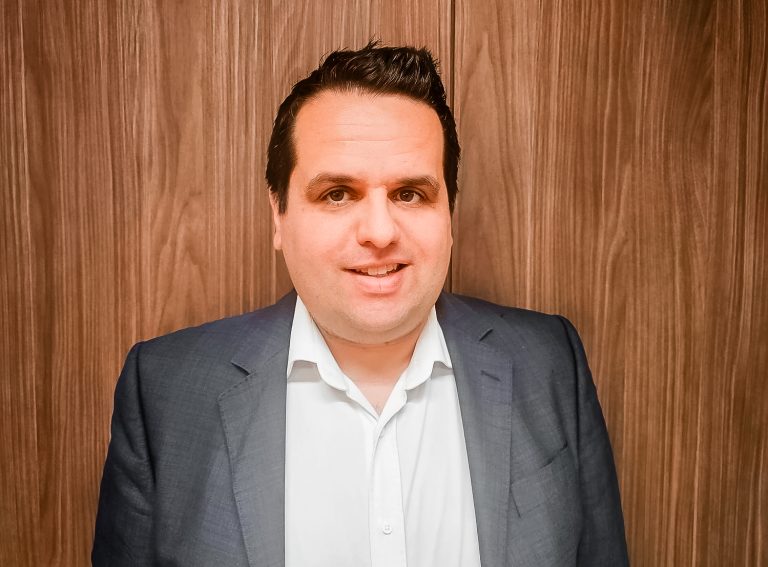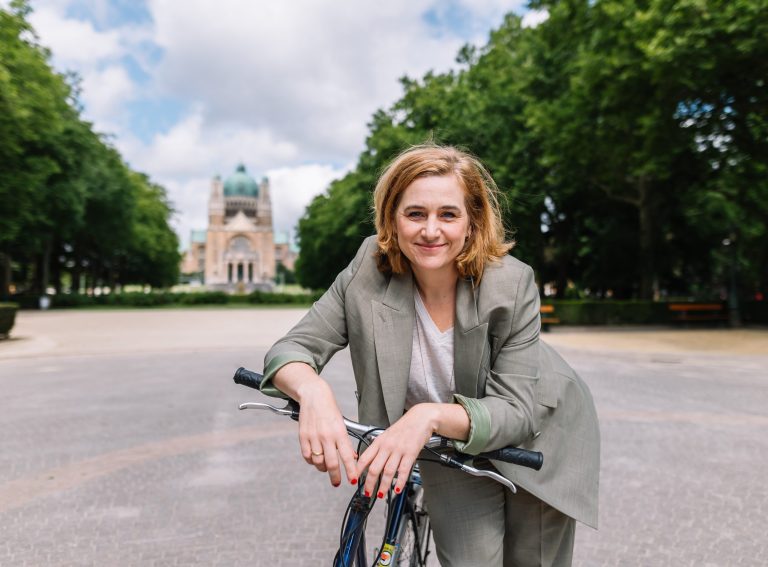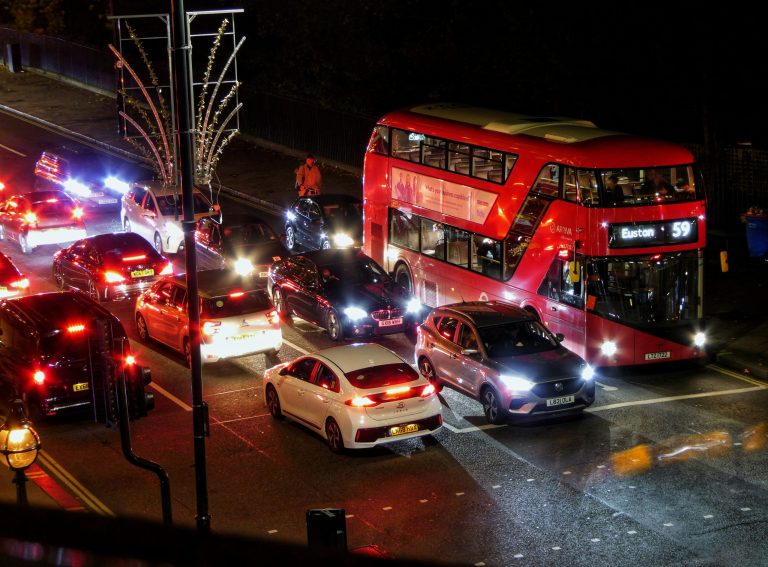“We can’t factually say that cycling makes transport more spiritual,” says Anthony Rinaldi, Business Development Manager at PBSC Urban Solutions.
“But in a way it does. Walking or cycling is often preferred in sacred places over using buses or cars.”
It only makes sense then that Medina – one of the holiest cities in Saudi Arabia and across the Middle East – would leverage the tradition of active travel while simultaneously using micromobility to become one of the region’s smartest cities.
In collaboration with super app giant Careem, global provider of bike share systems PBSC this year launched its new fully electric fleet in Medina with 500 e-bikes and 60 charging stations.
Four months on and Medina’s bike share solution is smoothly driving PBSC’s roll out across the Middle East, after the provider claimed its fame in developing the first large-scale bike share system in the region for the UAE in 2020.
“We’re bringing modern transport solutions to virgin territories that have never had a bike share system before,” Anthony tells Zag. “Even if these cities don’t have a legacy in micromobility, their society is eager to adopt it.”
Ridership during Ramadan
“As soon as Ramadan started, ridership exploded,” Anthony says.
Take the first 20 days of the Islamic holy month, for example, when more than 20 million Muslims visited the Prophet’s Mosque in Medina.
With the city guaranteed this boost in tourism every year driven by religious pilgrimage, Saudi Arabia is pioneering the region’s sustainable efforts by offering a tailored bike share solution to consciously meet transport needs.
“In every region in the world where there’s nice weather, if you have tourists and give them access to a bike then they’ll jump on it.”
And they jump on it even more when the bikes are available through a well-known app, Anthony says.
“The bike share system is reliable and easy to use because it’s done through Careem. It’s connected to a brand people are already aware of. This gives them a confidence boost when it’s time to hop on the bike – they’re like ‘Oh it’s Careem’.”
Extending the offering of an already established player like Careem is particularly useful for cities that have never had a bike share system before.
“It’s not just a case of dropping bikes into the area,” Anthony says. “You have to create a whole new cycling culture. It’s more than just developing a micromobility solution.
“Careem already has an ecosystem of ride-hailing, ride-sharing, and food delivery. By adding a bike share service, we’re increasing the transportation offered through the app and PBSC is at the forefront of fostering a culture that embraces active travel and micromobility.”
The power of e-bikes
Medina is a city that can easily surpass temperatures of more than 40 degrees Celsius. Many wouldn’t want to cycle in that, unless they are riding an e-bike.
PBSC’s fully electric e-bikes are fitted with a propulsion motor and can reach speeds of up to 32 kph.
“We chose e-bikes because you need less effort to make the bike move,” says Anthony. “When it’s 50 degrees above your head, you’ll take the option as this means less sweat – and a gentle breeze is always a welcome bonus.”
It’s not just about the heat though. It goes back to instilling a new cycling culture into areas that have never had a bike share system and would appreciate measures that make cycling more accessible for all.
“You can reach a larger spectrum of users by providing e-bikes when you’re targeting people who aren’t used to cycling. The less effort expected, the more of a welcoming tool.”
The Saudi Vision
”It’s important that when you enter a region that’s not yours, you understand the local cultural challenges, how to work with users and the government, and the timeline.”
From its success story in Dubai for instance, which has a fleet of 2000 e-bikes, PBSC saw the pressures that high demand placed on existing infrastructure. Its collaborations with Careem, the local government, along with the bike share’s popularity, acted as an organic incentive to increase the quality of the infrastructure so the city can continue reaping the rewards of the system.
“The UAE and Saudi Arabia live by high standards. When it’s time to purchase equipment and infrastructure, they’re now looking for the best quality available.”
Another learning from the UAE is capitalising on seasonal ridership, as well as non-city centric projects such as the World Expo Dubai 2020 which PBSC provided the system for.
Saudi Arabia’s pioneering efforts to home some of the world’s smartest cities is motivation enough to confidently uptake micromobility.
“Even though bike share is emerging in Saudi Arabia, the Kingdom isn’t afraid to jump on it because it knows what it takes to run a smart city,” Anthony explains.
PBSC already plans to double the Medina fleet size in the next twelve months, and discussions are in the works to bring the system to Saudi Arabia’s desert city NEOM.
It seems the country’s Vision 2030 programme, that aims for the Kingdom to achieve net-zero greenhouse gas emissions by 2060, is materialising.
“Investing in micromobility is a reflection of Saudi Arabia taking the smart city mission seriously, and it’s taking concrete action towards that goal.”





